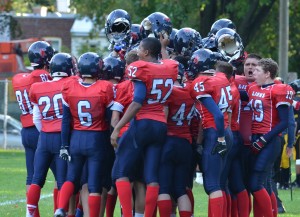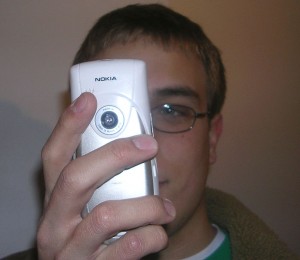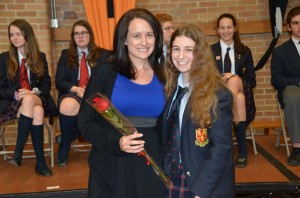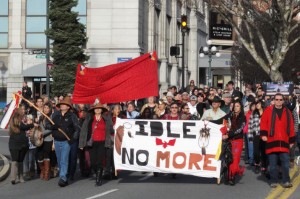 We talk a lot about pride at LCC – essentially because pride matters. It really matters. This is embodied in a book titled When Pride Still Mattered – the story of one of America’s most fabled and successful modern personalities, Vince Lombardi. He was the head coach of the Green Bay Packers football team in the 1960’s and winner of the Super Bowl in 1966 & 1967.
We talk a lot about pride at LCC – essentially because pride matters. It really matters. This is embodied in a book titled When Pride Still Mattered – the story of one of America’s most fabled and successful modern personalities, Vince Lombardi. He was the head coach of the Green Bay Packers football team in the 1960’s and winner of the Super Bowl in 1966 & 1967.
The son of an immigrant Italian butcher, Lombardi rose to the top in his field in America. He inspired his players by believing in them and convincing them to believe in their own promise, both as individuals and when working as a group. Lombardi was famous for a traditional value system and look – even on the football field: fedora, trench coat, big black glasses and strong focus on pride as a precondition to achieving anything difficult & meaningful.
David Maranniss, author of When Pride Still Mattered, notes that Lombardi has become a mythic character in America and his legend now transcends sport, almost five full decades since he was active. Many now turn to Lombardi in search of characteristics that they fear have been diminished or lost today – more traditional virtues such as discipline, respect, loyalty, character, and teamwork.
As Lombardi used to profess, before anyone can truly feel and show pride, you have to truly believe in yourself and your goals. Essentially, that means having a positive mindset and remembering that achievement begins with being hopeful. As a speaker told our teachers earlier this past August, “kids who think they can usually do.”
But a positive and hopeful attitude is usually not enough to get you where you want to go. There is a lot of discussion these days in education circles about a host of important attributes that our students need in their daily toolboxes, especially resilience and grit. Yes, grit and perseverance are essential to success, not just in the classroom, but in life in developing relationships with one’s peers and friends – and as citizens in broader society.
Each student at LCC needs to build foundations or roots, but they also need wings – skills and attitudes that will help them to fly independently. Stability and “stick-with-itness” are essential, especially when kids feel disappointed, frustrated or upset. This includes development of a lot of emotional factors: self-regulation, an ability to wait (delayed gratification), emotional control, and self- awareness that can diminish emotional outbursts.
We know that students who are poor at self-regulation also start to shy away from challenging opportunities – even if they don’t admit it to themselves.
I saw grit in action last week in a couple of cases: two Senior School soccer teams were shutout on the scoreboard – but our student-athletes took it all in stride, knowing tomorrow would be better. And our Senior Boys Football team played a very gritty game against a talented top-ranked team with probably about twice as many players as us. I was proud of our boys’ performance under difficult conditions.
Pride was also very much on display last week, especially at our two open houses. Our student ambassadors were the difference-makers for visitors to our school. You can’t fake pride; that never works. Parent and student visitors complimented our guides’ engagement, politeness, and breadth of knowledge about life at LCC. That is pride on display and yes, pride matters.
As Vince Lombardi used to say, “excellence is a habit.” So I ask our students to be proud of doing their best and showing their pride to the world; it does matter! – Christopher Shannon, Headmaster




